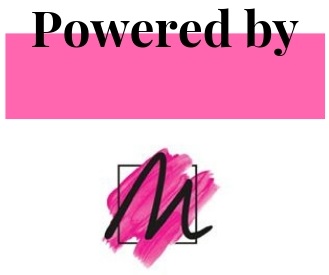
The pressure of keeping up appearances and constantly comparing our lives with others on social media can negatively affect our mental health.
Seven million Britons are left depressed after using social media, with the problem affecting one in five people who belong to networks such as Facebook and Twitter, according to new research released on Thursday.
The study revealed 20 percent of those social media users, a proportion which equates to 6.9m people, are depressed as a result.
More than half of users feel obliged to use social media, according to the poll of more than 2 000 Britons conducted last month. One in ten people admit to being embarrassed if they post something that doesn’t get a response, and eight percent of users remove posts that do not get any likes, favourites, retweets or comments.
CASE STUDY
George Quiney, 24, from London: “Social media is definitely a double-edged sword – I can’t count the times that I’ve seen a friend’s post on Instagram and had a serious case of FOMO [fear of missing out], thinking what a great time they’re having.
“When it comes to my own social media, I definitely like to project an image that might not quite fit with the truth. No wonder people are feeling pressure to post bigger and better on social media, it’s the new game of life.”
“I wouldn’t say I’ve been depressed – it’s more about the fear of missing out or being left behind while your friends seem to be having amazing holidays or nights out. The reality is they’re probably thinking the same, but it’s hard to keep that sense of perspective when you’re being constantly bombarded by amazing pictures and updates.”

The survey, commissioned by Privilege Home Insurance, also reveals that 18 percent of people on social networks will only post a photo if they think they look attractive in it.
More than one in three people say they are under pressure to like content posted by their friends, while 22 percent feel they have to accept friend requests from people they work with. And more than one in five (23 percent) of younger users, aged 18-34, have argued with others while online.
Responding to the findings, Nick Harrop, campaigns manager, YoungMinds, said: “Social media puts enormous pressure on young people to live their lives in the public domain, to present a personal “brand” from a young age, and to seek reassurance in the form of likes and shares.”
Rachel Boyd, information manager at mental health charity Mind, said: “Social media increasingly plays a role in many of our lives. For people living with mental health problems, it can be a really valuable way of connecting, sharing and finding support. But social media can also feel negative or difficult, especially if we find ourselves comparing our lives and achievements unfavourably with other people’s.”

And Nia Charpentier, a spokeswoman at Rethink Mental Illness, commented: “We have heard from our supporters about how social media and the ‘Instagram lifestyle’ – where everyone else’s life can seem perfect compared to yours – can evoke feelings of worthlessness or even panic.”
READ NEXT: How to handle a horrible boss
This comes after mounting concern over the impact of social media. The more time people spend social networking, the more likely they are to be depressed, warned a study by the University of Pittsburgh’s School of Medicine last month. And young people spending long periods of time online are at greater risk of being anxious or depressed, according to a report on social media use released by the Office for National Statistics last October.
AUTHOR: The Independent








